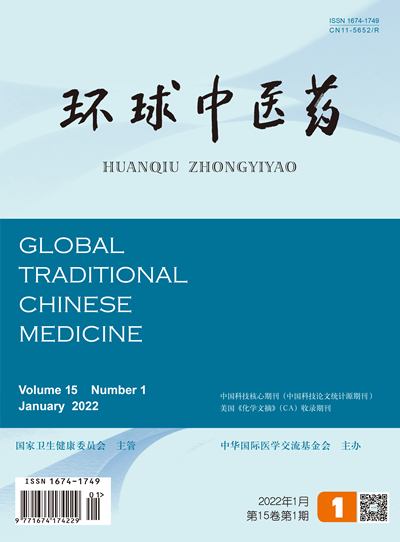L2 Chinese students’ perceptions of using WeChat for Chinese learning: A case study
引用次数: 5
Abstract
Mobile Assisted Language Learning (MALL), as a specialisation within mobile learning by smartphones, has many benefits as its emphasis is on the mobility of the learner, spontaneous access to learning resources, and interaction across different learning contexts. However research on MALL implementation for Chinese learning is comparatively rare. This study aims to investigate Australian university students’ perceptions on the use of a mobile APP, WeChat, for Chinese language learning in a Studying Abroad (SA) program. The research approach in this study is mainly qualitative-based. Data were collected from 40 Australian university students in a Study Abroad (SA) program. The students’ opinions were collected through interviews and open-ended survey questions and were analysed thematically. Findings indicate in the SA context, the critical issues that emerged were related to learner agency, including language choice and sustained use of the platform for language learning. From an ecological constructivist perspective, a framework for mobile assisted language learning has been proposed. Recommendations are provided for future implementations and research on using WeChat for Chinese learning.第二语言中国学生使用微信进行汉语学习的认知:一个案例研究
移动辅助语言学习(MALL)作为智能手机移动学习中的一种专业,具有许多优点,因为它强调学习者的移动性、对学习资源的自发访问以及在不同学习环境中的互动。然而,关于MALL在汉语学习中的实施的研究相对较少。本研究旨在调查澳大利亚大学生在出国留学(SA)项目中使用移动应用程序微信学习中文的看法。本研究的研究方法以定性为主。数据来自40名参加海外留学(SA)项目的澳大利亚大学生。通过访谈和开放式调查问题收集学生的意见,并对其进行主题分析。研究结果表明,在SA情境下,出现的关键问题与学习者能动性有关,包括语言选择和语言学习平台的持续使用。从生态建构主义的视角出发,提出了一个移动辅助语言学习的框架。为今后使用微信进行汉语学习的实施和研究提供了建议。
本文章由计算机程序翻译,如有差异,请以英文原文为准。
求助全文
约1分钟内获得全文
求助全文

 求助内容:
求助内容: 应助结果提醒方式:
应助结果提醒方式:


